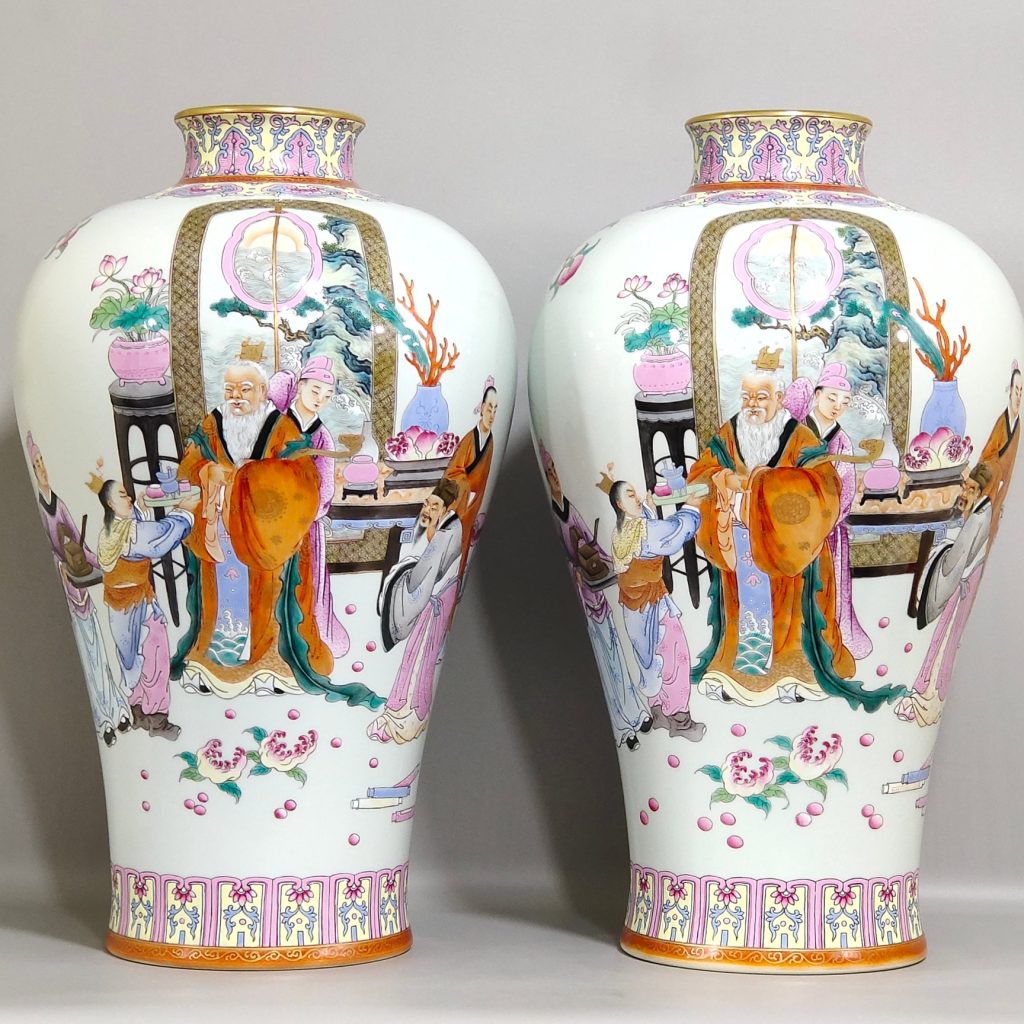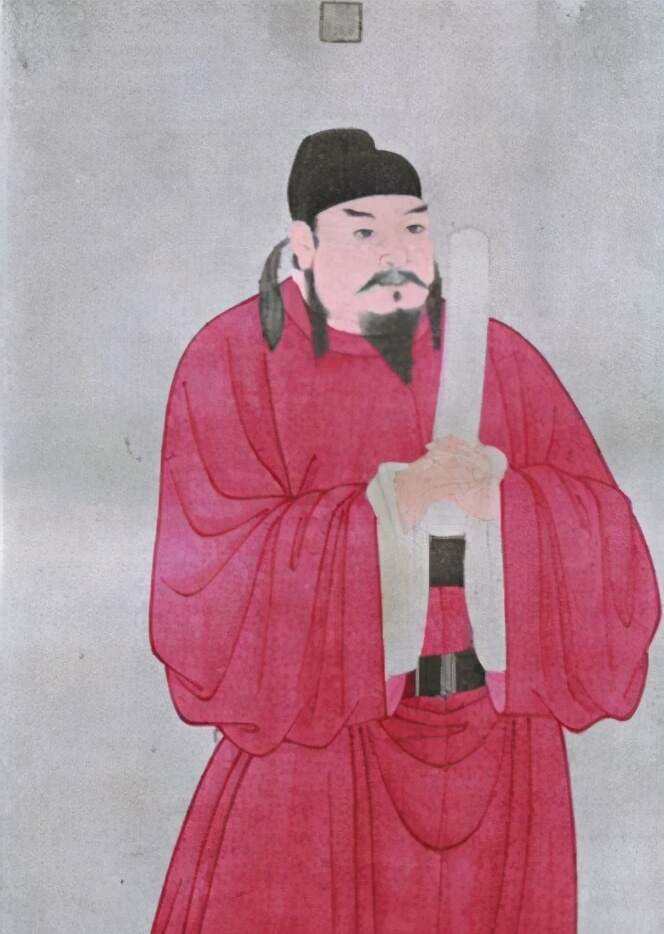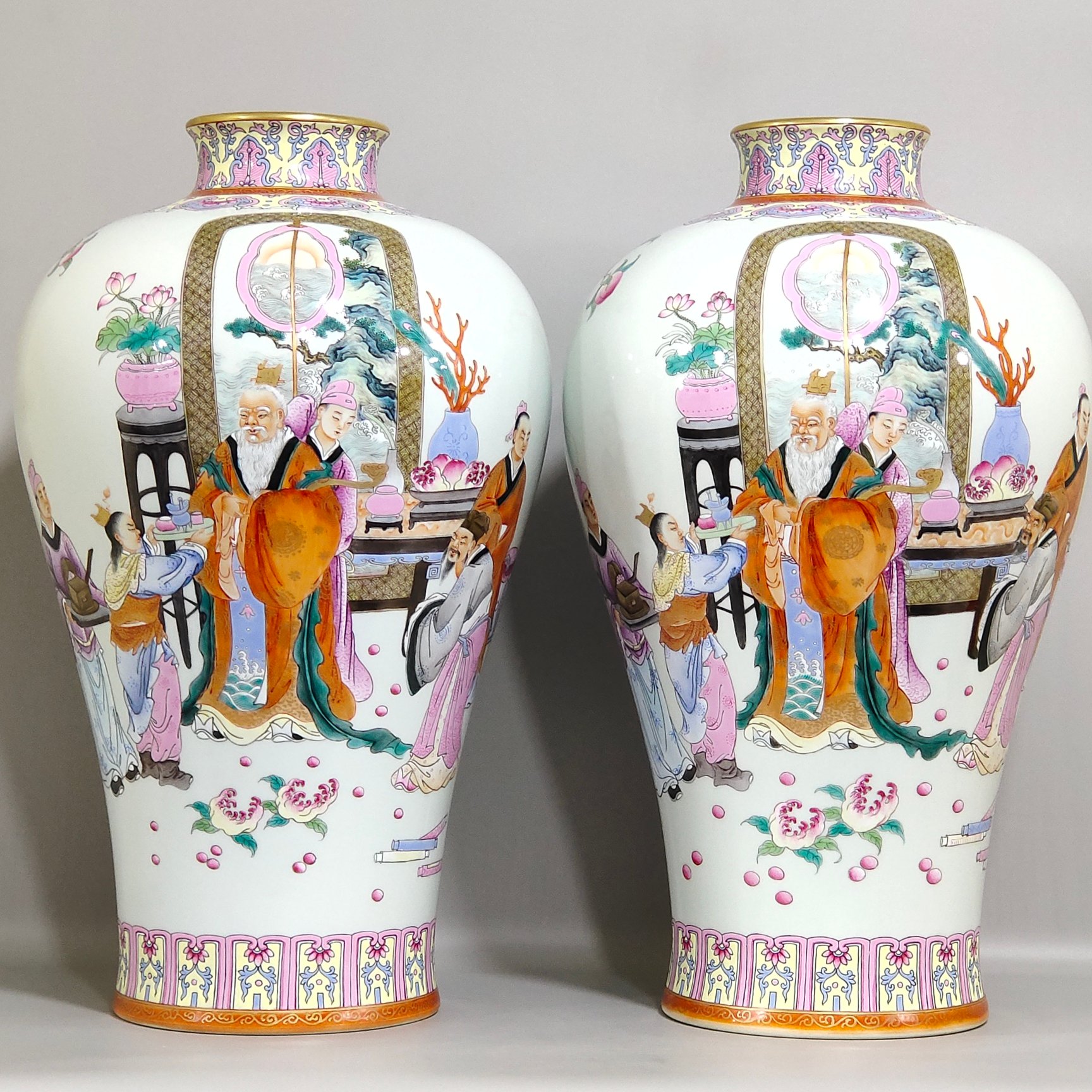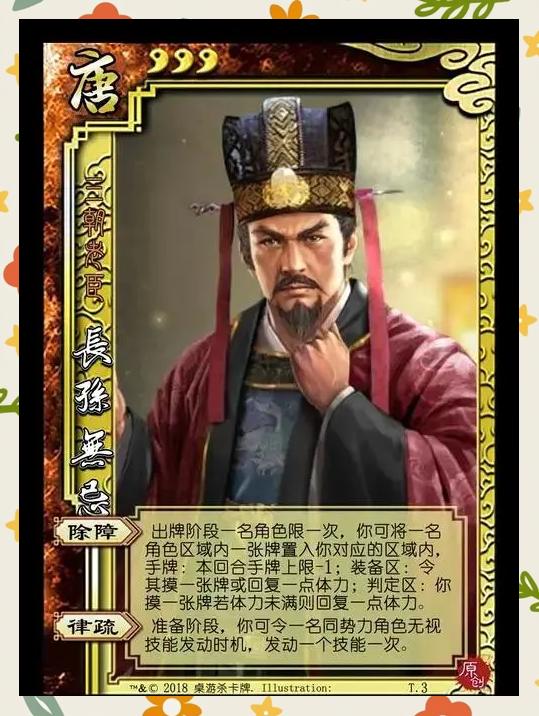Do you like the story of Du Fu? Today, the History Encyclopedia editor will provide a detailed interpretation for everyone~

Du Fu (712-770), also known as Zimei, was a native of Duling, Jingzhao (Chang’an), with ancestral roots in Xiangyang. His great grandfather, Yiyi, was the magistrate of Gong County and moved to Yaowan, Gong County, Henan Province. Du Fu was born in Gong County. His grandfather, Du Shenyan, was a famous poet during the reign of Empress Wu Zetian, and his father, Du Xian, was an intellectual of the feudal landlord class. He had served as the Sima of Chongzhou and the magistrate of Fengtian County, but his life was unsuccessful. In short, Du Fu came from a feudal bureaucratic family with a hundred year old aristocratic background. Although his family’s fortunes declined during his generation, he still enjoyed privileges such as not paying taxes and not serving in the military. This class background determined that Du Fu could not have become a realist poet who loved the people without going through a difficult process. Du Fu’s life and creation can be divided into four periods.
Firstly, the period of reading and traveling (before the age of 35) was also the preparation period for his poetry creation. Du Fu’s teenage years coincided with the highly prosperous Kaiyuan period of the Tang Dynasty’s feudal society. He studied at home and was influenced by Confucianism, music, dance, architecture, painting, and other arts from a young age. In the 19th year of the Kaiyuan era (731 AD), at the age of 20, Du Fu began his ten-year journey of “reckless and wandering”, traveling south to Wu and Yue, and north to Qi and Zhao. During this time, he went to Chang’an to take the imperial examination, but failed. He did not return to Luoyang until the age of 31 to live near the Corpse Village Pavilion in Yanshi. Around the third year of the Tianbao era (744), he met Li Bai in Luoyang and formed a “brotherly” friendship. The long-term life of grand touring allowed the poet to appreciate the magnificent mountains and rivers of the motherland, visit famous scenic spots and historical sites, broaden his horizons and heart, and imbue his early poetry with a strong romantic color. The poem “Watching the Mountains” can be used as a substitute: “How about Dai Zongfu? Qilu is still young. The nature clock is beautiful, and the Yin and Yang are cutting the twilight. The clouds rise from the chest, and all of them will return to the birds. When they meet the summit, they will see the mountains.” This poem vividly depicts the magnificent momentum of Mount Taishan Mountain, and expresses their lofty aspirations.
Secondly, during the 10-year period of Chang’an’s siege (35 to 40 years old), it was also a period when Du Fu’s poetry creation began to shift towards realism. In the fifth year of the Tianbao era (746 AD), Du Fu went to Chang’an to respond to imperial edicts and trials. Li Linfu, the treacherous prime minister, came to power and petitioned for the downfall of all the “useless and incompetent” officials, making him realize the incompetence and corruption of the upper ruling group. At this time, he resided in Chang’an and had no way out politically. His life was also very difficult, and he couldn’t help but repeatedly submit poems to the powerful in order to introduce them. He also submitted poems to Emperor Xuanzong, but none of them were successful. This prompted him to gradually approach the lives of the people and become a poet who cares about the country and the people, writing realistic masterpieces such as “The Carriage of Soldiers”, “The Beauty’s Journey”, “The Lament of Autumn Rain”, and “The Song of Drunken Time”.

Du Fu lived in poverty in Chang’an for about ten years until he was 43 years old, when he finally got a small official in charge of military armor and equipment. After being officially appointed, he first went to Fengxian County (Pucheng, Shaanxi) to visit his family, which was on the eve of the An Lushan Rebellion in the 14th year of the Tian Dynasty (755 AD). At this time, Emperor Xuanzong was still having fun with Yang Guifei in Lishan, where the Qing officials were enjoying themselves. Du Fu passed by the foot of the mountain, with mixed emotions. After arriving home, he wrote the important work “Five Hundred Words of Lamentations from Beijing to Fengxian County”. It is not only a summary of the poet’s ten years of painful life in Chang’an, but also marks the transformation and maturity of the poet’s thoughts and creations. From then on, his creation entered a more glorious stage.
Thirdly, the period of catching thieves and becoming an official (from 44 to 48 years old) was also the peak of Du Fu’s realistic poetry creation. When Du Fu went to Fengxian, An Lushan launched a rebellion and quickly captured Luoyang and Tongguan, and occupied Chang’an. So Du Fu settled his family in Qiang Village, Lang County, and went alone to seek refuge with the newly enthroned Emperor Suzong Li Xiang in Lingwu. Unexpectedly, he was captured by the rebels on the way and sent to Chang’an for surrender. He was trapped in Chang’an for six months before finally escaping. In the second year of Zhide (757 AD), after experiencing difficulties and hardships, Shi went to Fengxiang, where Li Heng was located, and obtained a small official left from the eighth rank. Although the status of Zuo Shiyi was low, he was a courtier close to the emperor. Du Fu was sent back to Kuozhou to visit his family because he openly stated that he was not favored by Emperor Suzong. Therefore, in the autumn of that year, Du Fu embarked on a northern expedition and then went to Qiang Village.
During these two years, Du Fu wrote many famous works of realism, such as “Lament for Chen Tao”, “Lament for Jiangtou”, “Spring Outlook”, “Qiang Village”, “Northern Expedition”, “Washing of Soldiers and Horses”, “Peng Ya Xing” and so on. In September of the same year, Chang’an was recaptured, and Du Fu returned to the capital with his family to serve in the court. He wrote poetry and sang with Wang Wei, Jia Zhi, Cen Can, Yan Wu, and others, leading a leisurely life and reducing the brilliance of his works. Not long after, Du Fu was demoted to the rank of Huazhou Sikong and enlisted in the army in the first year of the Qianyuan era (758 AD), causing him to distance himself from the court and reconnect with the people. In the spring of the second year, after being exiled to Huazhou, Du Fu wrote the timeless masterpieces of “Three Officials” and “Three Separations”, which became the highest achievement of the poet himself and the entire Tang Dynasty’s realism poetry.
Fourthly, the period of “Drifting Southwest” (48 to 59 years old) was also a period of diversified creation for him. In the second year of Qianyuan (759 AD), Du Fu abandoned his official position and moved westward to Sichuan due to a severe famine in Guanfu. In the second year, with the help of friends, I barely built a few thatched cottages in Chengdu to live in, which is known as the “Chengdu Thatched Cottage”. Later, Yan Wu was appointed as the Governor of Chengdu and recommended Du Fu as a member of the Jiedu Staff, Inspection, and Construction Department. Therefore, later generations also referred to him as the “Du Ministry of Works”. In the third year of the Dali era (768 AD), Du Fu left Sichuan with the intention of returning to Luoyang. However, due to local conflicts and transportation blockages, he had to wander around Hubei and Hunan provinces. Finally, in the winter of the fifth year of the lunar calendar (770 AD), he died of illness on a ship in the Xiang River.
The excellent works of this period include “Songs of the Thatched Cottage Broken by Autumn Wind”, “Hearing of the Official Army’s Collection of Henan and Hebei”, “Presenting to Wu Lang Again”, “Drinking from the Mud of Tian Fu”, “Generals”, “Three Quatrains”, “Walking on the Year of Yan”, “Climbing High”, “Autumn Rising”, and “Mi Huai Ji”. These works differ from the previous period in that they have more lyrical qualities and more diverse forms. Not only does it use ancient script to depict the experiences of wandering, but it also creatively imbues regulated poetry with significant political and social content. Due to the poet’s bleak old age, melancholic mood, and persistent concern for the country and the people, his works have formed a unique style of melancholy and desolation.
Du Fu came from a bureaucratic family that revered Confucianism and officials. His ideas were rooted in the orthodox Confucianism, and he inherited and carried forward the progressive elements of Confucianism such as “benefiting the world”, “governing with benevolence and loving the people”, and “saving the world”. He actively intervened in reality to achieve his political ideals of “presenting to the emperor Yao and Shun, and then improving customs” (in the “Letter to Wei Zuocheng”) and “promoting prosperity in the light, and washing away the worries of the people” (in the “Phoenix Terrace”). However, his political ideals are often linked to the idea of loyalty to the monarch. The main positive influence on Du Fu’s creation was not Confucianism, but the social contradictions and the poet’s life practice at that time. During Du Fu’s youth, the romantic atmosphere prevalent among the literati class also influenced him to a certain extent, so his bold and unrestrained attitude was reflected in his early works.
The 10-year confinement in Chang’an during his middle age allowed him to fully understand the darkness and decay of the imperial court, as well as his experiences and struggles after the An Lushan Rebellion, which further made the poet politically frustrated and his life miserable. The sorrowful and painful life makes it easier for poets to understand the suffering of the people, gradually changing their class emotions and accepting the influence of the people’s thoughts to the greatest extent possible, thus writing a large number of poems that reflect social reality. Of course, it cannot be denied that Du Fu ultimately did not completely shake off his loyalty to the emperor, and still placed his hope of saving the country and the people on the highest ruler. He believed that “when he was born with Emperor Yao and Shun, if he could not bear it, he would recite it forever” (from “Five Hundred Words of Yonghuai from Beijing to Fengxian County”), which was a limitation of his class and history. However, he has surpassed the intellectual boundaries of all progressive poets of his time, delving deeper into the people and real life, and providing many new and valuable things for future generations. This is the fundamental reason why he is called a great realist poet by us.


